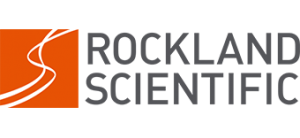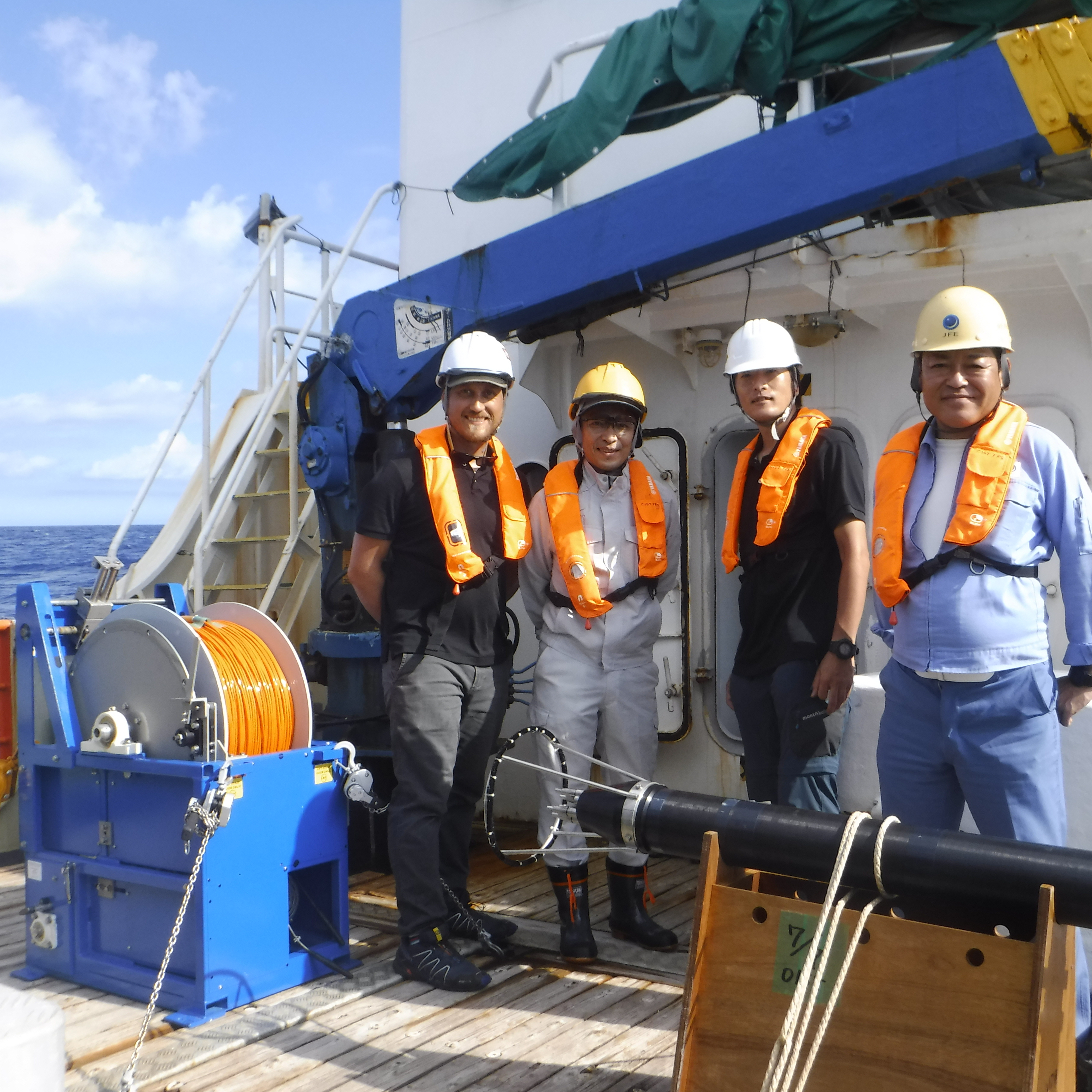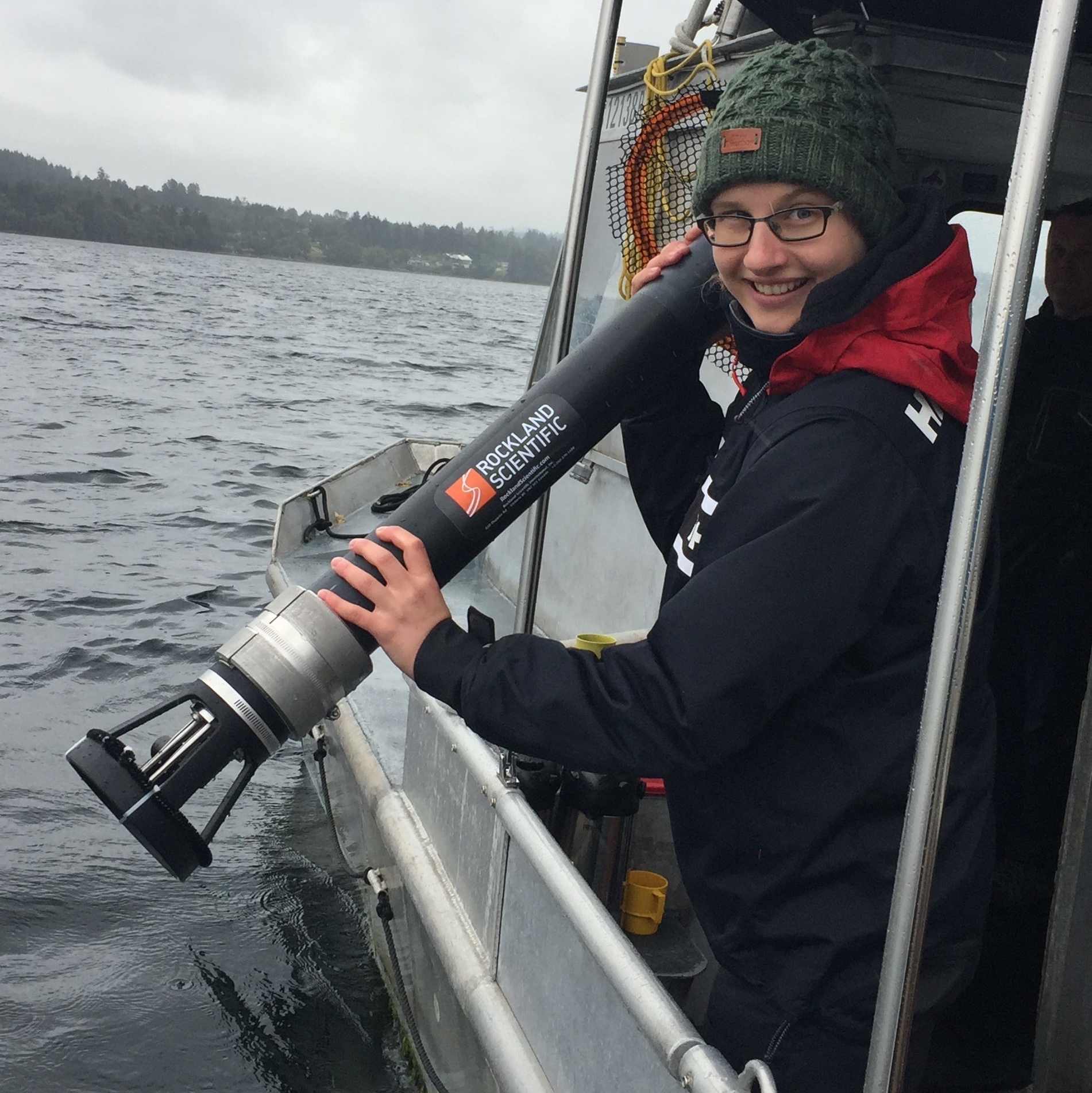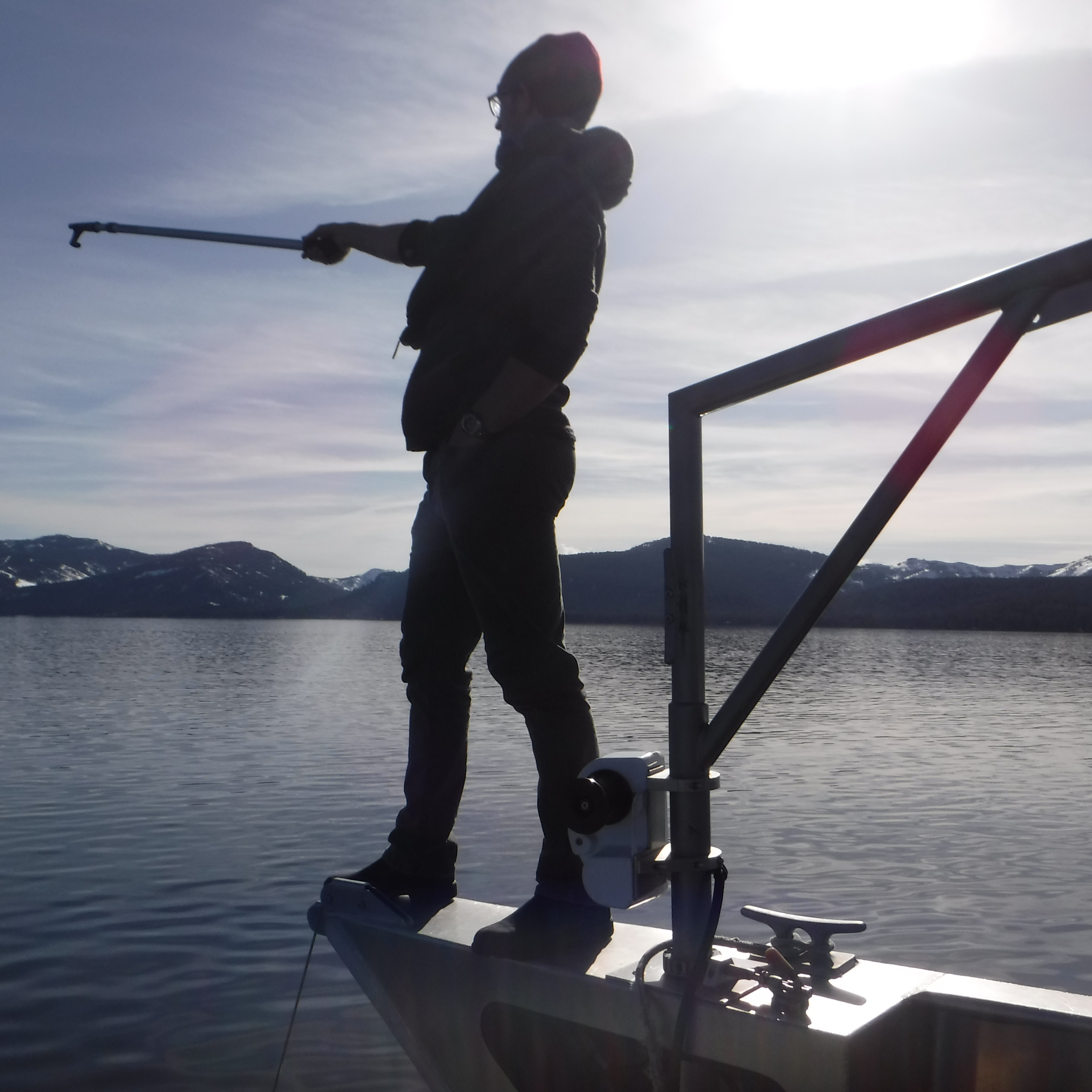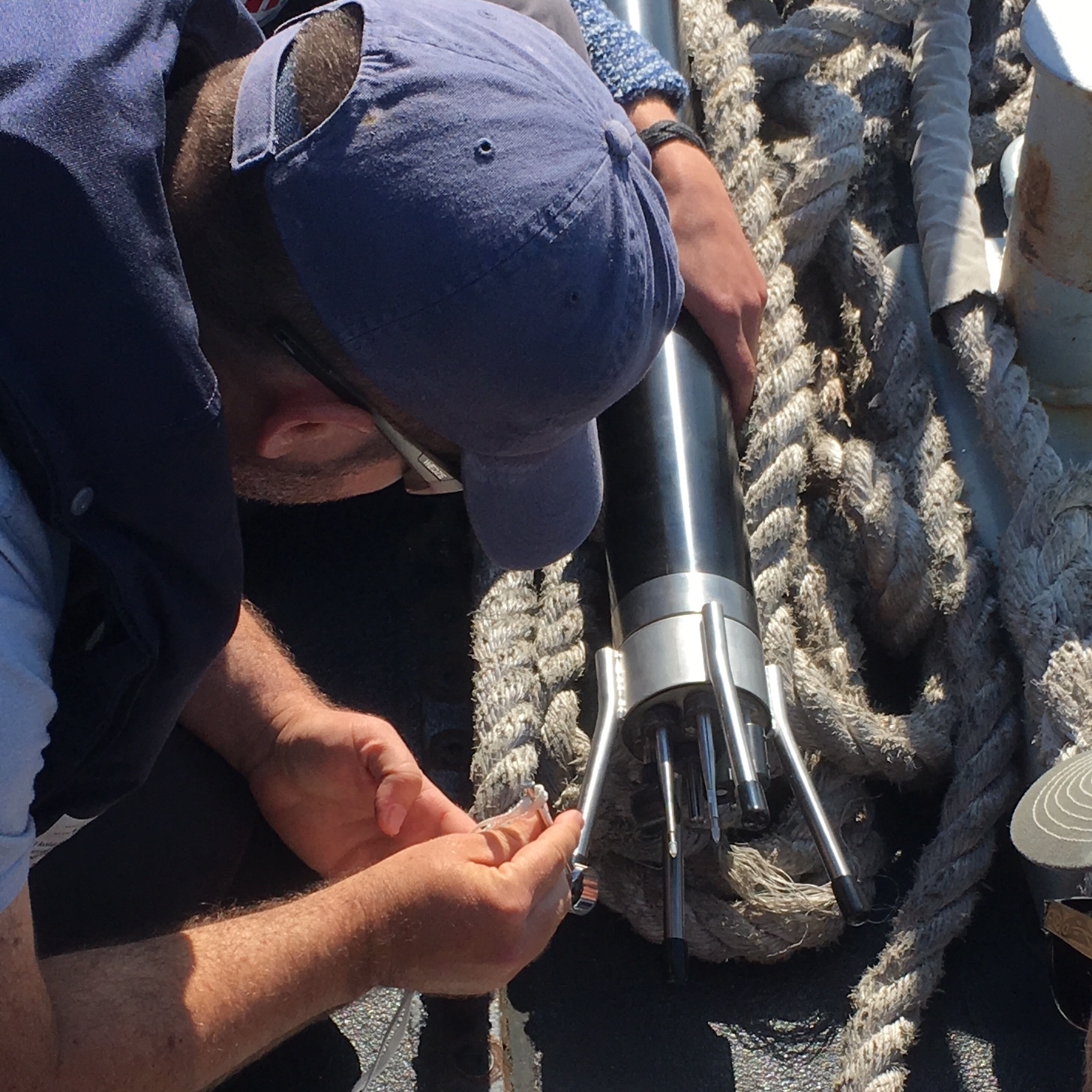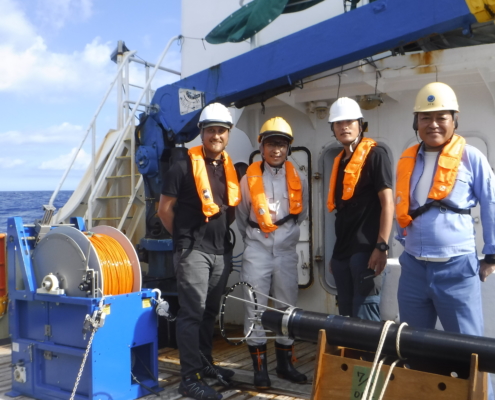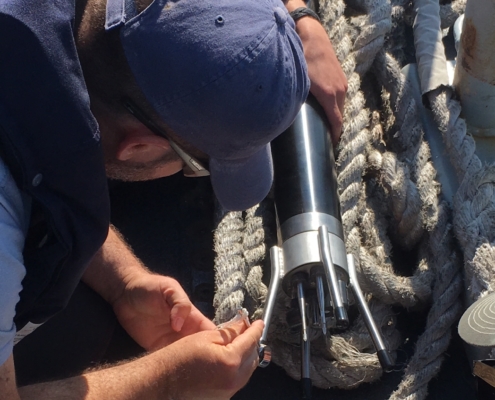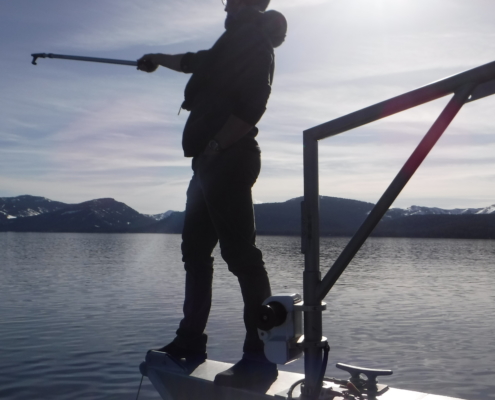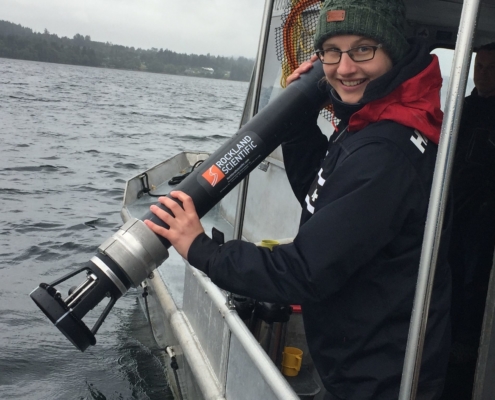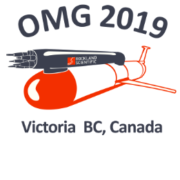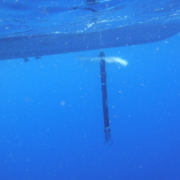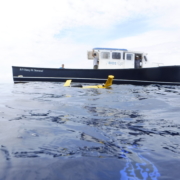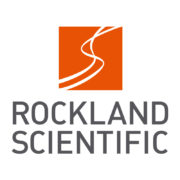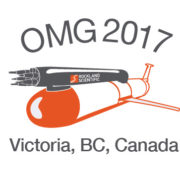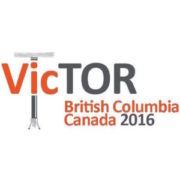Technical Instrument Training Course
The Technical Instrument Training Course is essential to ensuring safe operation of Rockland microstructure instruments and the collection of high quality data. The Technical Instrument Training Course typically takes place over 3 days or as part of a 5 day Turbulence Workshop, which also includes the Turbulence Education modules. Rockland instructors can provide individualized training focused on a specific microstructure instrument and the needs or your group. Rockland Scientific also organizes annual group training sessions for both Ocean Microstructure Gliders (OMG) and Vertical Microstructure Profilers (VMP). If you would like join a group training session or inquire about individualized training, please contact our Technical Support Team.
Over 3 days of training you will learn everything there is to know about the operation of Rockland instruments and software, including deployment, recovery, maintenance, troubleshooting and data processing. The course includes a sea-going excursion during which the Rockland equipment is deployed and recovered in field conditions.
Training Modules and Learning Goals
Ocean Turbulence Measurement Probes and Sensors
• Identify the components of a shear probe and explain the underlying theory of operation
• Describe the shear probe calibration technique
• Identify the components of an FP07 thermistor
• Compare the sensor limitation of the shear probes and thermistor
• Describe the SBE7 Micro Conductivity sensor
Introduction to the Rockland Microstructure Measurement Instrument
• Locate and identify sensors, probes, and axes of orientation
• Install and remove probes
• Correctly disassemble and assemble the microstructure measurement instrument
• Differentiate between a piston seal and a face seal
• Locate and identify the circuit boards and understand their functions
• Describe the flow of information and analog signal processing that occurs in a Rockland microstructure measurement instrument
• Confirm proper orientation of the shear probes
Data Acquisition Software (ODAS5-IR or ODAS4-RT)
• Establish a serial console connection between a PC and the instrument or a real-time connection
• Describe the file structure of the data logger
• Run the ‘calibrate all’ function and interpret the results
• Setup RSILink for data file transfer
• Transfer files to and from the instrument using a USB connection
• Interpret and edit a configuration file (setup.cfg)
• Differentiate between the [root], [matrix], [instrument_info], and [channel] sections of the configuration file
• Identify which calibration parameters are board-specific and which ones are sensor-specific
• Describe the data file format
• Interpret the log file
Pre-deployment Checks
• Perform a bench test with test probes; process and interpret the data
• Identify every sealing surface on the instrument and confirm its integrity
Microstructure Instrument Deployment (On water training)
• Perform pre-deployment checks at sea
• Deploy and recover the instrument
• Identify data file created and interpret log file
• Identify data contamination from mechanical sources
Microstructure Instrument Maintenance
• Disassemble the instrument into its components
• Determine if an o-ring needs to be replaced
• Recognize corrosion and moisture damage
• Perform recomended post-cruise and annual maintenance
• Reassemble the instrument and all of its components
Data Conversion and Processing
• Introduction to the ODAS MatLab Library
• Extract, edit, and patch a configuration file string into an existing data file
• Convert .p data file into physical units and save as .mat file
• Extract “profiles” from a data file
• Understanding quick_look and ql_info
• Assess kinematic quality of profiles and deployment technique
• Identify mechanical contamination of data files
Advanced Techniques in Data Processing
• Integrate auxiliary data into a Rockland data file, using a hotel file
• Perform in situ calibrations of temperature probes
• Optimize despiking routine to remove erroneous data
Signal Conditioning
• Distinguish between a channel with and without pre-emphasis
• Describe the concept of pre-emphasis
• Discuss the Goodman coherent noise removal technique
https://rocklandscientific.com/wp-content/uploads/2019/03/Capture.png
276
261
caorda
https://rocklandscientific.com/wp-content/uploads/2015/08/RSI-logo-horiz-300x138.png
caorda2019-03-06 16:05:162019-03-07 15:45:23Ocean Microstructure Glider Workshop, OMG 2019, Victoria BC, June 10 – 14, 2019
Ocean Turbulence Workshop in South Africa Lead by Rockland Microstructure Specialists
“UKZN’s Department of Civil Engineering held the first ever workshop on Ocean Turbulence in South Africa. The workshop was facilitated by Derek Stretch, Professor for Environmental Fluid Mechanics, with funding provided through an Office of Naval Research (ONR) global grant. Turbulence at microstructure scales (a centimetre or less) is an important mechanism for mixing in the […]
https://rocklandscientific.com/wp-content/uploads/2019/01/DSCF5933-1.jpg
3456
4608
caorda
https://rocklandscientific.com/wp-content/uploads/2015/08/RSI-logo-horiz-300x138.png
caorda2019-01-22 09:01:482019-01-22 15:18:21Ocean Turbulence Workshop in South Africa Lead by Rockland Microstructure Specialists
Ocean Microstructure Glider Workshop, OMG 2018, Bermuda, May 28 – June 1, 2018
OMG 2018 is a specialized training program for Rockland turbulence measurement systems that are integrated with ocean gliders. OMG 2018 will be hosted by the Mid-Atlantic Glider Initiative & Collaboration (MAGIC) at the Bermuda Institute of Ocean Sciences. Training will be optimized for both scientists and technicians and facilitated by instrument specialists from Rockland Scientific. […]
https://rocklandscientific.com/wp-content/uploads/2018/07/DSCF6956.jpg
3456
4608
Jeremy Hancyk
https://rocklandscientific.com/wp-content/uploads/2015/08/RSI-logo-horiz-300x138.png
Jeremy Hancyk2018-02-08 12:03:322018-08-02 15:52:37Ocean Microstructure Glider Workshop, OMG 2018, Bermuda, May 28 – June 1, 2018
Ocean Turbulence Workshop : 22 – 26 January 2018
With support from the ONR-Global program, the Environmental Fluid Mechanics Lab at UKZN, in collaboration with Rockland Scientific, is organizing a training workshop on Ocean Turbulence in January 2018. Rockland’s Dr Rolf Leuck, a leading international expert on the measurement of ocean microstructure, will lead the workshop. The course deals with both theoretical and practical […]
https://rocklandscientific.com/wp-content/uploads/2017/11/RSI-logo-vert.jpg
800
800
Jeremy Hancyk
https://rocklandscientific.com/wp-content/uploads/2015/08/RSI-logo-horiz-300x138.png
Jeremy Hancyk2018-01-11 10:58:282018-08-02 15:42:41Ocean Turbulence Workshop : 22 – 26 January 2018
Well-Attended Inaugural China Ocean Turbulence Workshop (COTW 2017) Comes to a Close
QINGDAO, CHINA, November 3, 2017 – Rockland Scientific Inc. (Rockland), in cooperation with partners JFE Advantech (JFE) and Ocean Science & Technology Company, Inc. (OST-Qingdao), have successfully concluded the inaugural China Ocean Turbulence Workshop (COTW) in Qingdao this week. The 2017 COTW, with 45 delegates, brought together a wide range of Rockland instrument users from across […]
https://rocklandscientific.com/wp-content/uploads/2017/11/RSI-logo-vert.jpg
800
800
Jeremy Hancyk
https://rocklandscientific.com/wp-content/uploads/2015/08/RSI-logo-horiz-300x138.png
Jeremy Hancyk2017-11-02 08:00:342020-03-31 12:05:31Well-Attended Inaugural China Ocean Turbulence Workshop (COTW 2017) Comes to a Close
The 1st Summer School of Upper Ocean Turbulence, Gdańsk 2016
The 2 week course included a 2 week intensive training period (25 July – 5 August) with lectures by a diverse set of international experts that intend to cover a broad spectrum of problems ranging from application of spectral methods in turbulence data analysis to numerical methods in turbulence research. The last week of the […]
https://rocklandscientific.com/wp-content/uploads/2017/11/RSI-logo-vert.jpg
800
800
Jeremy Hancyk
https://rocklandscientific.com/wp-content/uploads/2015/08/RSI-logo-horiz-300x138.png
Jeremy Hancyk2017-02-07 10:26:532020-03-31 12:51:44The 1st Summer School of Upper Ocean Turbulence, Gdańsk 2016
OMG 2017: Ocean Microstructure Glider Training
Ocean Microstructure Glider training, “OMG 2017”, is a 4-day training workshop that covers all aspects of turbulence measurements using MicroRider integration with ocean glider platforms. The training workshop will cover setup, operation, maintenance, deployment and processing of turbulence data. The workshop is scheduled for April 24-27, 2017 in Victoria, B.C. Canada. Please see the OMG 2017 […]
https://rocklandscientific.com/wp-content/uploads/2017/02/OMG2017logo_large-01.jpg
363
417
Jeremy Hancyk
https://rocklandscientific.com/wp-content/uploads/2015/08/RSI-logo-horiz-300x138.png
Jeremy Hancyk2017-02-03 12:28:462018-08-02 15:44:52OMG 2017: Ocean Microstructure Glider Training
VicTOR 2016 Success!
Thank you to everyone who attended VicTOR 2016. It was a successful week and we are happy to see so many people learning about ocean turbulence.
https://rocklandscientific.com/wp-content/uploads/2017/05/Victor_Square-300x300.jpeg
300
300
Jeremy Hancyk
https://rocklandscientific.com/wp-content/uploads/2015/08/RSI-logo-horiz-300x138.png
Jeremy Hancyk2016-10-25 09:12:582018-08-02 15:45:30VicTOR 2016 Success!
Visitor’s Info Package for VicTOR 2016 Released
Only 2 weeks until VicTOR 2016! Please find all the information in our VicTOR 2016 Information Package.
https://rocklandscientific.com/wp-content/uploads/2017/05/Victor_Square-300x300.jpeg
300
300
Jeremy Hancyk
https://rocklandscientific.com/wp-content/uploads/2015/08/RSI-logo-horiz-300x138.png
Jeremy Hancyk2016-10-03 12:47:092018-08-02 15:46:04Visitor’s Info Package for VicTOR 2016 Released
VicTOR 2016: Victoria Turbulence Observation Retreat
VicTOR 2016 builds on success of previous turbulence training workshops held around the world The Victoria Turbulence Observation Retreat, “VicTOR 2016”, is a 5-day VMP training workshop that covers all aspects turbulence measurements using VMP profilers, from basic measurement theory, to the setup, operation, maintenance, deployment and processing of VMP turbulence data. The workshop is scheduled for […]
https://rocklandscientific.com/wp-content/uploads/2017/05/Victor_Square-300x300.jpeg
300
300
Jeremy Hancyk
https://rocklandscientific.com/wp-content/uploads/2015/08/RSI-logo-horiz-300x138.png
Jeremy Hancyk2016-08-25 17:57:352018-08-02 15:46:26VicTOR 2016: Victoria Turbulence Observation Retreat
